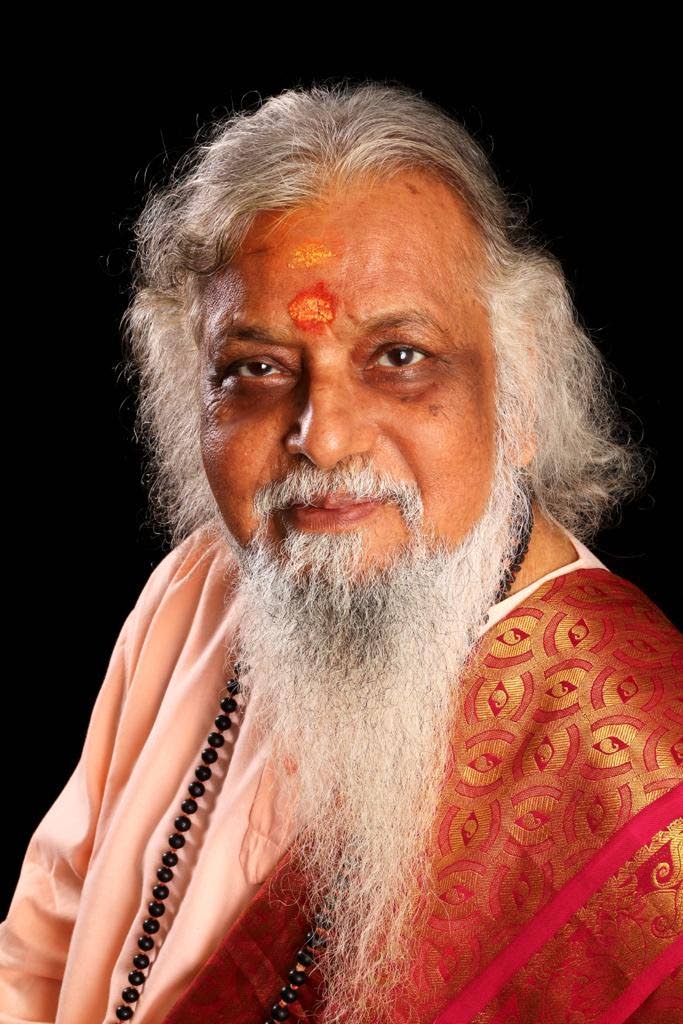New year, new hope, new beginning

SWAMI BRAHM ASWARUPANANDA
NEW YEAR is the social, cultural or religious celebration of a new calendar year. According to the Gregorian calendar, New Year occurs on January 1.
The earliest known record of a New Year festival dates approximately 2000 BCE in Mesopotamia, where the new year in Babylonia began with the new moon after the spring equinox (mid-March) and in Assyria with the new moon nearest the autumn equinox (mid-September).
For the Egyptians, Phoenicians and Persians, the year began with the autumn equinox (September 21), and for the early Greeks it began with the winter solstice (December 21).
In early medieval times most of Christian Europe regarded March 25, the Feast of the Annunciation, as the beginning of the new year. The Gregorian calendar, adopted in 1582 by the Roman Catholic Church, restored January 1 as New Year’s Day, and most European countries gradually accepted this date.
Hindu New Year
The Hindu New Year is observed by Hindu populations worldwide March/April each year according to Vikram Samvat in the month of Chaitra. The divine nine-day celebration of Navratri also begins on this day.
Southern Indian states of Karnataka, Telangana and Andhra Pradesh celebrate New Year as Ugadi. In West Bengal and Bangladesh it’s called Pahela Vaishakha and in Tamil Nadu and other parts of southern India it is known as Puthandu. Sri Lanka’s New Year is also called Puthandu or Aluth Avurudda.
New Year in the Far East
The Chinese New Year, named Chun jié, is celebrated between January 21 and February 20. The official holiday is seven days long, but more specifically the celebration begins on the Lunar New Year’s Eve and lasts for 15 days.
In Japan, New Year, observed on January 1, is called Shogatsu. The celebration entails feasting on a medley of different traditional foods.
The Korean New Year on February 5 is called Sollal. Adults wear traditional costumes and Koreans eat Tteokguk, a traditional soup eaten for the new year.
The Vietnamese New Year in January or February is called Tet and is considered to be the most important holiday on the Vietnamese calendar. Vietnamese celebrate by beating drums, igniting firecrackers and placing offerings on the household altar in memory of deceased ancestors.
Thingyan, the Burmese New Year, is also an extravagant water festival celebrated in mid-April. The Burmese participate in many water-filled activities lasting three to four days.
Tsagaan Sar, the Mongolian New Year, is on February 16, the celebrations lasting 15 days. Over this time, people gather to renew family ties, repay debts and resolve disputes. They dress in traditional clothes, tell stories, eat traditional dishes and play lots of games.
Other regions’ New Year celebrations
Northern Iraq, northeastern Syria, southeastern Turkey and northwestern Iran celebrate Kha b’ Nissan (the Assyrian New Year) on April 1. This spring festival celebrates nature’s rebirth with parties, parades, wearing traditional Assyrian clothes and dancing in parks.
Nowruz, the Iranian New Year, is a combination of two Persian words that mean “new day.” People prepare the “haft-seen” – a table of seven items such as fruit or spices that start with the letter “s.” These items symbolise sunrise, the spice of life, love, affection, patience and age.
The Islamic New Year, celebrated by Muslim populations worldwide on September 22, is known as Hijri. This celebration commemorates the journey of the Prophet Muhammad from Mecca to Medina. This sacred month of Muharram is observed by both the Shiite and Sunni branches of Islam.
The Russian New Year, celebrated on January 1 according to Orthodox Christianity, is called Novy God. On New Year’s Eve in Russia, people eat and drink through the night and visit neighbours. In the morning, children wake to find presents (brought by a bearded gent in a red suit called Ded Moroz, or Father Frost).
The Balinese New Year observed in Indonesia on March 7 is called Nyepi. The day is spent in utter silence. People also stay home, don’t work and avoid engaging in any pleasurable activities. The objective is to spend the entire day reflecting, meditating and fasting.
Chol Chnam Thmey is the Cambodian New Year celebrated April 13-15. The three day holiday is marked by days off from work, purification ceremonies, temple visits and playing traditional games with family and friends.
The Jewish New Year is called Rosh Hashanah and celebrated on September 29. Customs include the sounding of the shofar (made from a ram’s horn), eating special foods such as apples dipped in honey, dates and other sweet fruit to symbolise a sweet year.
In Ethiopia the New Year is called Enkutatash on September 12. Enkutatash in Amharic, the native language of Ethiopia, means “gift of jewels” and Ethiopians sing songs and exchange bouquets of flowers in their celebrations.
The Igbo New Year in Nigeria begins in the third week of February. During the festival, the reigning monarch of the Igbo people distributes yam seeds to his people and new farming begins.
Celebrating New Year’s Day in the Caribbean
Globally, spectacular fireworks displays herald the New Year. In the Caribbean, many communities of different cultures that came before, during and after the indentureship period all celebrate New Year according to Caribbean culture.
The ongoing pandemic period has left indelible marks of isolation, sadness and depression and there is much hope that the New Year 2022 will bring new energy, new health, new happiness, new joy, new beginnings and a renewal of life after covid19.
The writer and Sadhvi Anandamaiyee, general secretary of the Brahma Vidya Peetham International, TT, wish all citizens of TT and the entire globe a most joyous and wonderful happy New Year 2022. May all spiritual and holistic wellness be fostered in the upcoming year to bring goodwill and good health to everyone and may everyone experience peace, bliss and happiness. Happy New Year to everyone!
Swami Brahma Swarupananda is the peethadish/founder of the Brahma Vidya Peetham International


Comments
"New year, new hope, new beginning"